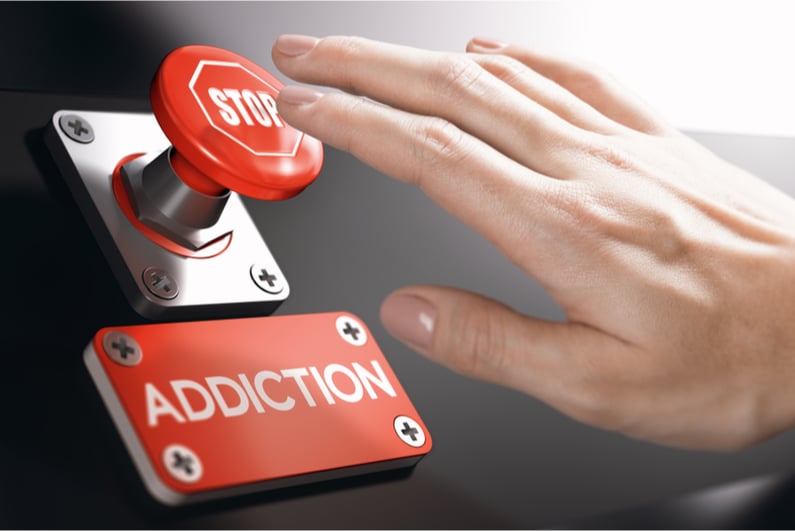Two campaigns to raise awareness
GambleAware has announced the launch of two initiatives to raise awareness for its safer gambling campaign and the UK’s national gambling treatment service.
The charity’s first initiative will focus on the return of soccer
After months of COVID-19-forced sports cancellations, the charity’s first initiative will focus on the return of soccer. The new campaign will warn sports bettors of the risks of impulsive betting, using the phrase #BetRegret to emphasize the dangers of such behavior. Sky’s YouTube channel and Twitter page will showcase an accompanying digital campaign featuring ex-England international goalkeeper David James.
GambleAware is also launching new advertising content to raise awareness for the national gambling treatment service. The advertisements, which will be featured on radio, digital platforms, and in national and regional press, will air throughout July and August. The campaign will use the slogan, “Start to regain control,” to promote confidence that treatment is easy to access and can help with gambling problems.
The Bet Regret campaign
GambleAware first launched its Bet Regret campaign in February of last year. The charity labeled it as its largest-ever campaign, designed to raise awareness surrounding dangerous gambling behavior such as chasing losses.
63% of young male bettors claimed there were too many opportunities for them to bet
GambleAware commissioned a study to support the campaign. In the survey, 63% of young male sports bettors claimed there were too many opportunities for them to bet. In total, 67% believed it was too easy to be lured into making impulsive bets.
The charity launched the “second wave” of its 2019 Bet Regret campaign in August with the help of GVC Holdings. The sports betting operator and owner of Ladbrokes Coral partly funded the campaign by donating 42 of its soccer sponsorships to the cause.
GambleAware research into treatment
In May 2020, GambleAware published a report which found that nearly 46% of all British people with gambling problems had not accessed treatment or support at any point. Only 17% of gamblers who had experienced any level of gambling-related harm had accessed treatment or support over the previous 12 months.
27% of problem gamblers admitted they experienced stigma or shame
According to the charity, the report highlighted a number of barriers facing those who needed support. These barriers included a lack of awareness of available services, social stigma surrounding those services, and reluctance to admit any problem at all. In total, 27% of problem gamblers admitted they experienced stigma or shame. Overall, 17% of problem gamblers said their gambling was not harmful.
Commenting on the findings at the time, Marc Etches, GambleAware CEO, said: “This research has shown that there is a clear need to further strengthen and improve the existing treatment and support on offer, to develop routes into treatment and to reduce barriers to accessing help.”
